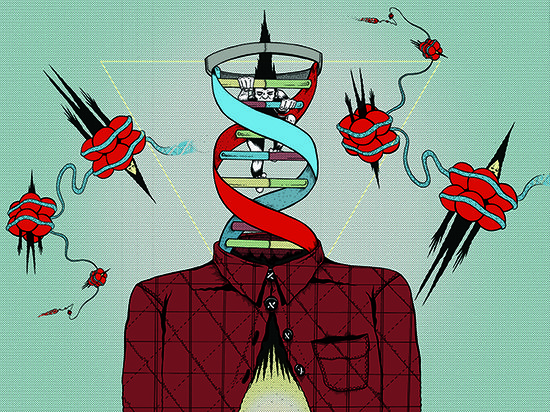SFI Medical Short Course 2016 - Home 2016
From Santa Fe Institute Events Wiki
| Education Event Navigation |
2016 Short Course:
Exploring Complexity in Health and Medicine
October, 2016 - Santa Fe Institute, Santa Fe, New Mexico
Register Now HERE
Complexity and healthcare have always gone hand-in-hand, but for today’s medical and health professionals, ensuring that patients receive optimal care is only getting more challenging.
Whether you’re diagnosing symptoms, predicting -- and preventing -- the spread of disease, or building vital healthcare infrastructure, understanding complex systems has never been more important.
This accessible (no math or science background required), three-day course is designed to give healthcare professionals, faculty, policy-makers and students an intensive introduction to complex systems as they apply to health and medicine. Through lectures, exercises and interactive discussions with prominent SFI faculty and your peers, you’ll learn how complexity science is being used to predict, model and transform medical systems across many disciplines.
Topics covered include:
Healthcare as a complex system
Complexity in medicine and disease
Machine learning and computationally-aided diagnostics
From tracking the next pandemic to exploring the hidden influence of social networks on public health and using health data to improve patient care, participants will learn to apply complexity thinking to better understand and address their toughest challenges.
CME Accreditation Statement
This activity has been planned and implemented in accordance with the accreditation requirements and policies of the New Mexico Medical Society (NMMS) through the joint providership of CHRISTUS St. Vincent Regional Medical Center (CSVRMC) and Santa Fe Institute. CSVRMC is accredited by the NMMS to provide continuing medical education for physicians.
CSVRMC designates this live activity for a maximum of 15 AMA PRA Category 1 CreditsTM. Physicians should claim only the credit commensurate with the extent of their participation in the activity.
Learning Objectives
After participating in this activity, the participant will demonstrate the ability to:
1. Better understanding of how to use big data effectively and responsibly in healthcare.
2. To better understand the healthcare environment and complex systems as they apply to health and medicine.
3. To network and make meaningful connections with a diverse group of participants that are outside of one’s normal field.
4.Gaining a basic knowledge of how information theory applies to heart surgery and how to model the heart of a communication system.
5. Acquiring an understanding of the micro-biome and the interplay between evolutionary processes and the organization of biological, ecological, and social systems.
6. Learn how agent based modeling can be applied to the healthcare system.
7. Gain a basic knowledge of complex systems approached to obesity.
8. Develop a basic understanding on how machine learning is currently being used in healthcare.

